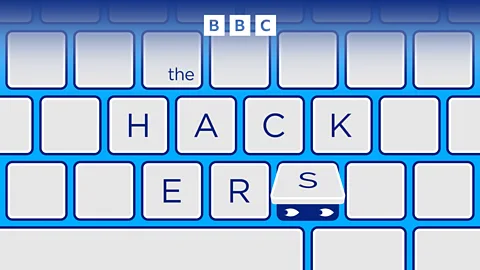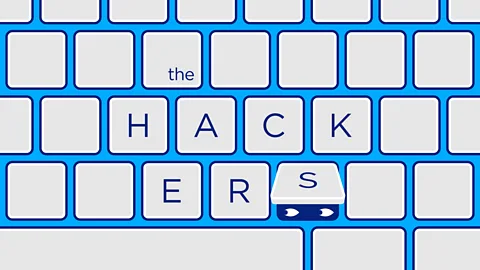December 22, 2021
14 minutes
Available for over a year
In the past, state-sponsored hacking focused on espionage, stealing sensitive information and disrupting technological systems. Nowadays, the focus has shifted. Rather than hacking technology, state-sponsored hackers are targeting people. Biella speaks with Darren Linvill about a new kind of malevolent hacking, and how by playing to the algorithms on various social networks, these professional agents can sow chaos, and rope lay s into spreading rage and misinformation across societies.


